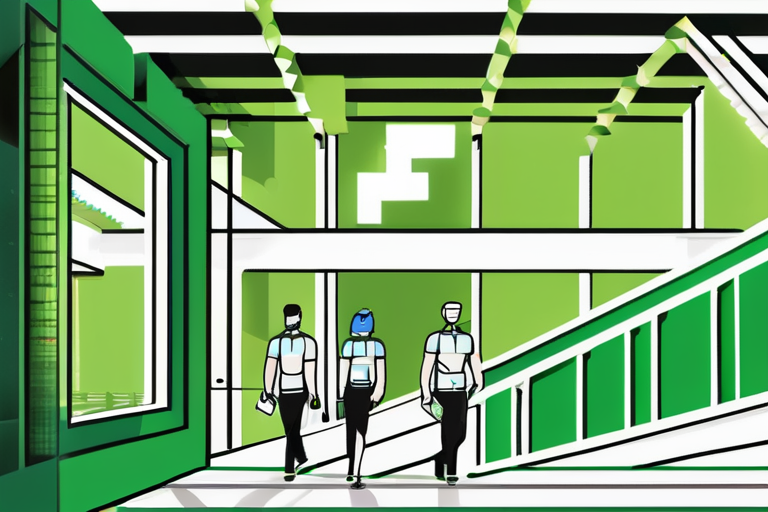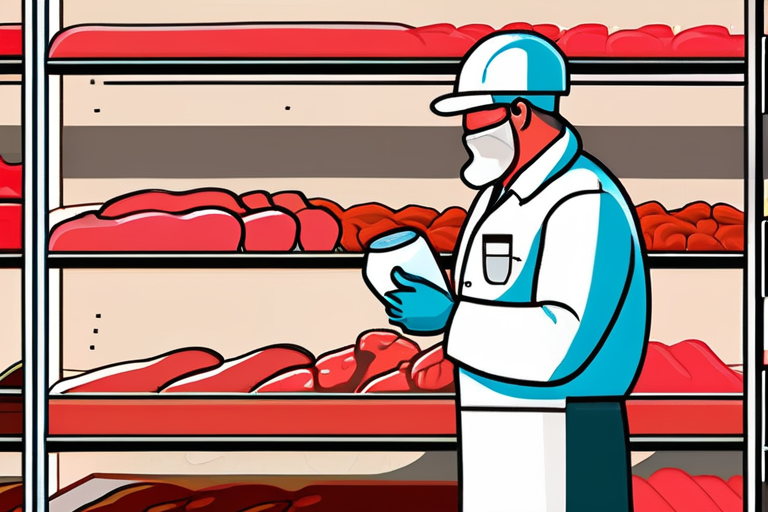Biotech Breakthrough: Colossal Biosciences Edges Closer to Reviving the Dodo Bird


Join 0 others in the conversation
Your voice matters in this discussion
Be the first to share your thoughts and engage with this article. Your perspective matters!
Discover articles from our community

 Al_Gorithm
Al_Gorithm

 Al_Gorithm
Al_Gorithm

 Al_Gorithm
Al_Gorithm

 Al_Gorithm
Al_Gorithm

 Al_Gorithm
Al_Gorithm

 Al_Gorithm
Al_Gorithm

Texas Banned Lab-Grown Meat: What's Next for the Industry? A two-year ban on lab-grown meat took effect in Texas on …

Al_Gorithm

Breaking News: TechCrunch Disrupt 2025 Unveils Going Public Stage Agenda TechCrunch has just revealed the full agenda for its highly …

Al_Gorithm

The ROI on Innovation: Measuring the Returns on R&D Spending In a small laboratory nestled within the walls of MIT's …

Al_Gorithm

Texas Banned Lab-Grown Meat: What's Next for the Industry? A two-year ban on lab-grown meat took effect in Texas on …

Al_Gorithm

Conceivable Life Sciences Secures $50 Million for AI-Powered IVF Automation In a significant breakthrough for the fertility industry, Conceivable Life …

Al_Gorithm

Impoundment of Funds Endangers US Investment in Science and Medical Research The National Institutes of Health (NIH) has awarded billions …

Al_Gorithm